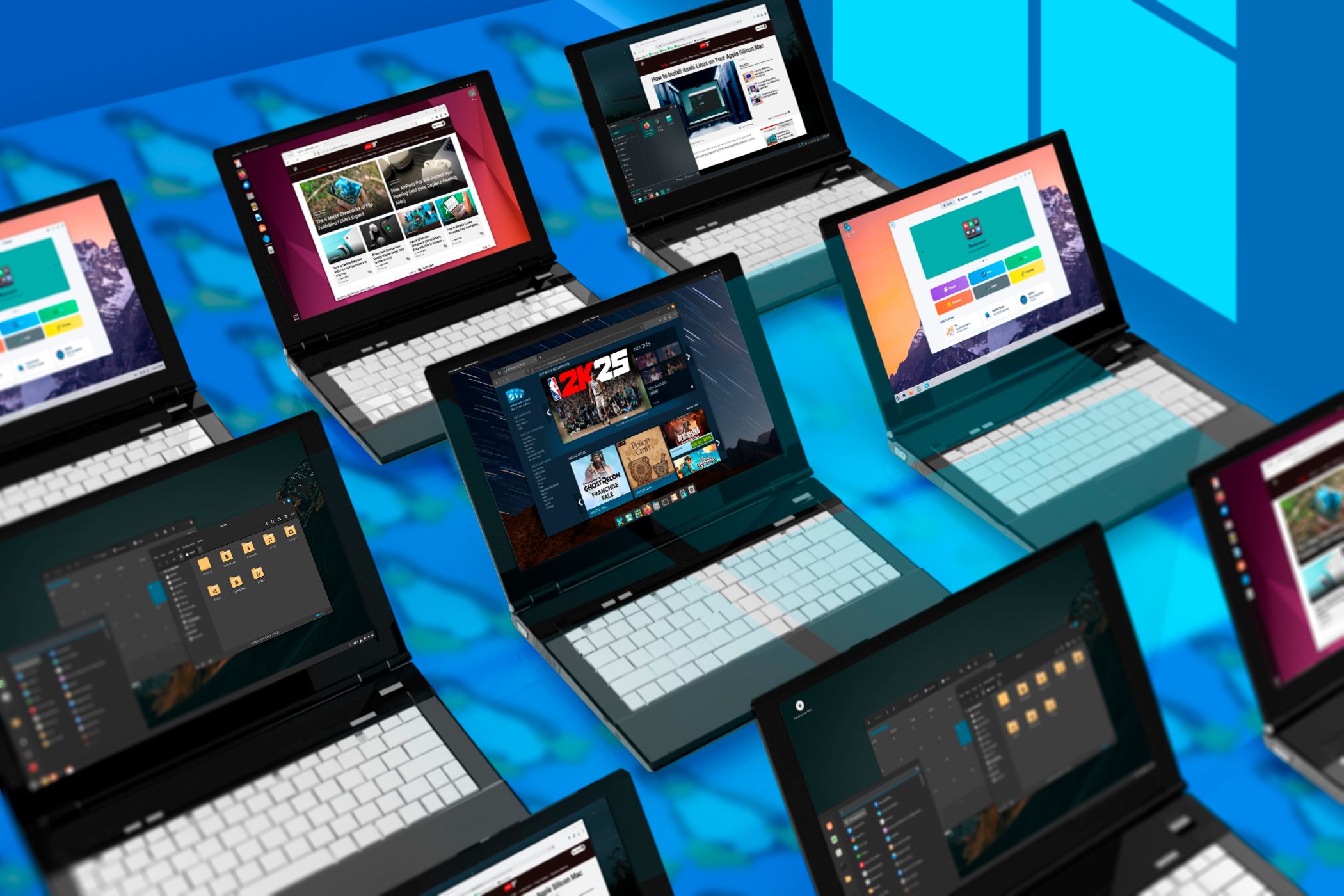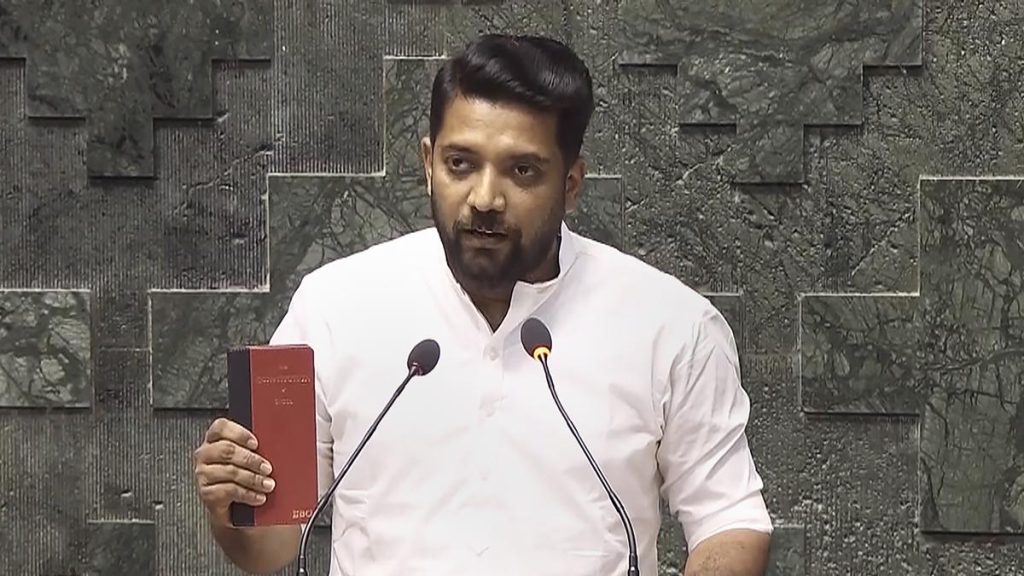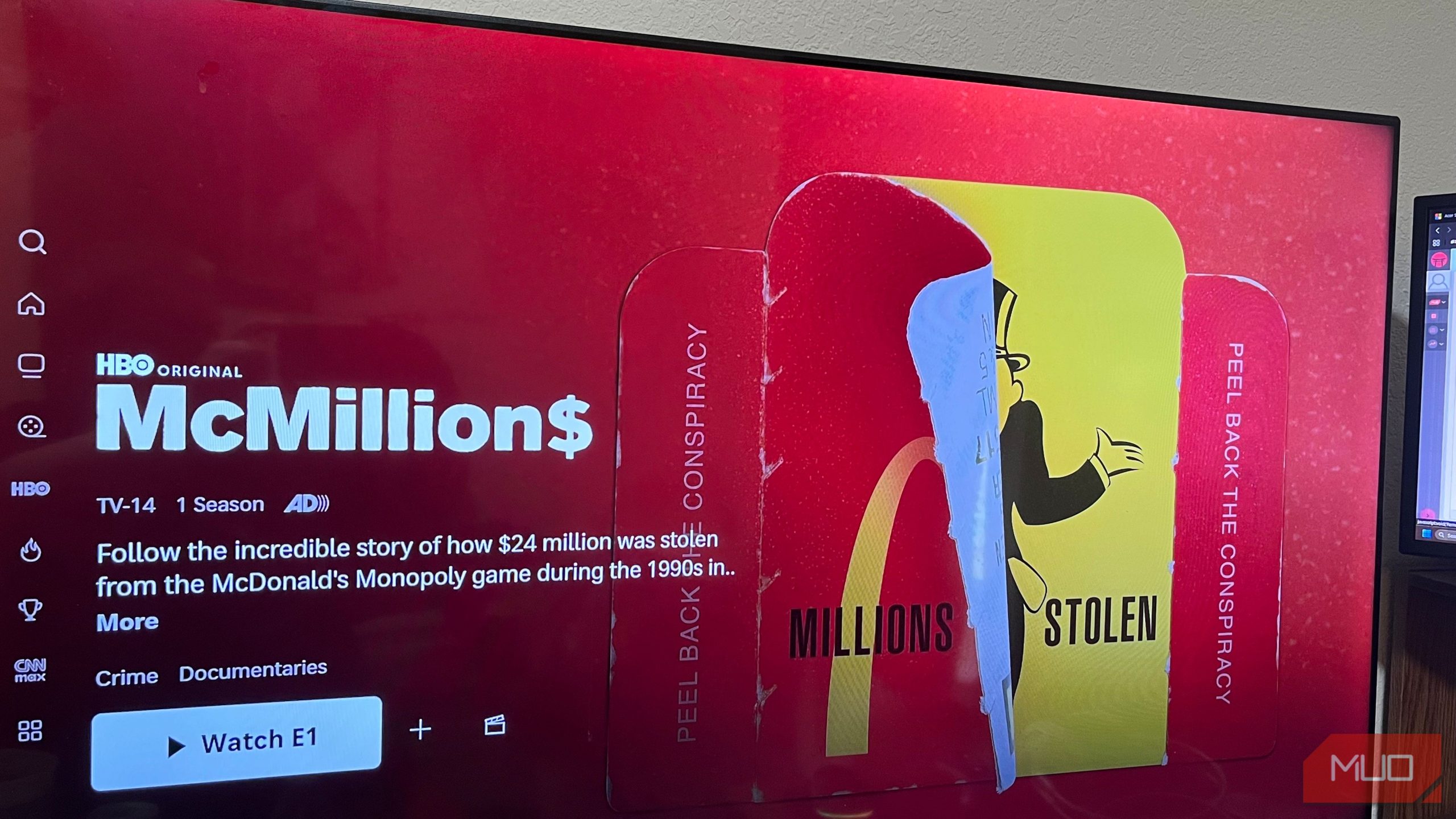Now Reading: 5 Lightweight Operating Systems to Boost Your PC’s Performance
-
01
5 Lightweight Operating Systems to Boost Your PC’s Performance
5 Lightweight Operating Systems to Boost Your PC’s Performance

Fast Summary
- ChromeOS Flex: A free, cloud-based OS designed for older PCs, suitable for web browsing and productivity tasks. It uses minimal resources, enhancing performance while providing protection against Windows malware. Ideal for children or basic users.
!Image showing netbook running ChromeOS Flex
- WattOS: A minimalist operating system created to work efficiently on old PCs with as little as 400 MB RAM. Built on Debian instead of Ubuntu, it offers energy efficiency and extended hardware lifespan but has limited functionality beyond web surfing without extra installations.
- Tiny11: A stripped-down version of Windows 11 suited for outdated hardware by eliminating resource-hungry bloatware while preserving essential Windows compatibility and functionality.
!Lenovo laptop showing Windows 11 startup screen
Indian Opinion Analysis
With an increasing focus in India on sustainable technology use and digital inclusion, operating systems like these could prove transformative in extending the usability of older devices across underserved regions. ChromeOS Flex’s secure infrastructure aligns well with educational programs where cybersecurity is paramount but budgets are low. WattOS’s emphasis on energy efficiency also carries potential value amid India’s push toward green technology initiatives.Simultaneously occurring, Tiny11 could be significant where legacy applications demand ongoing compatibility with modernized interfaces in businesses reluctant to retire old setups due to cost barriers. These OSes collectively address resource constraints prevalent in Indian households and businesses by enabling practical recycling of existing devices.
For more details, read here.
Quick Summary
- Tiny11: A lightweight version of Windows 11 designed for outdated PCs. Requires downloading a Windows 11 ISO and running a script to streamline the OS. Official resources are available for guidance. it addresses performance issues caused by bloatware in traditional Windows installations.
- antiX Linux: A Debian-based lightweight Linux distribution suitable for vrey old hardware (as low as 256 MB RAM). Four editions are offered:
– Full edition (1.8 GB): Includes four window managers and LibreOffice.
– Base Edition (1.2 GB): Minimal installation starting from scratch.
– core Edition (520 MB): No graphical user interface.
– Net Edition (220 MB): For advanced users with minimal features.
- Key Features: Support for machines nearly two decades old, IceWM as default Window Manager, with customization options like FluxBox and JWM.
- Lubuntu: Ubuntu-based lightweight distribution requiring at least 1 GB RAM (2 GB recommended), ideal for daily use with pre-installed apps such as office tools, PDF reader, image editor, music/video players.
Indian Opinion Analysis
The emergence of OS solutions like Tiny11 and antiX is significant given the prevalence of aging hardware in India where affordability often outweighs high-end specifications. These systems offer practical alternatives to expensive hardware upgrades, enabling more users-especially students and small businesses-to continue leveraging older systems effectively while keeping costs low.
Tiny11 specifically benefits Indian context where many still operate older computers with limited resources but require familiar environments like Windows. On the other hand, open-source distributions such as antiX or Lubuntu provide additional flexibility without software licensing constraints-ideal for educational institutions or grassroots organizations aiming to bridge digital divides affordably.
Though, effective adoption would also necessitate awareness about such solutions alongside basic technical know-how-a key challenge in several parts of India where IT literacy remains uneven.
Read moreQuick Summary:
- The article discusses lightweight operating systems (OS) that can revive aging or slow PCs.
- several OS options are highlighted, including WattOS, antiX, Lubuntu, ChromeOS Flex, and Tiny11.
- WattOS and antiX are recommended for extremely old or low-configuration systems.
- Lubuntu or ChromeOS Flex work well for systems with 2 to 4 GB of RAM.
- Tiny11 is noted as an optimized version of Windows suitable for older PCs while retaining familiarity in user interface design like the taskbar and desktop icons.
- These OSes can optimize performance without requiring expensive hardware upgrades.
Indian Opinion analysis:
India has a significant population reliant on older computers due to economic constraints or lack of access to newer technology. Lightweight operating systems such as those mentioned in the article present viable solutions for maintaining usability and extending the lifespan of aging devices-particularly relevant for schools, smaller businesses, or individuals seeking cost-effective computing options. This advancement could also complement India’s digital literacy initiatives by enabling broader accessibility without considerable hardware investments. By embracing such technologies strategically, India could further bridge gaps between technology availability and resource constraints.Read More























